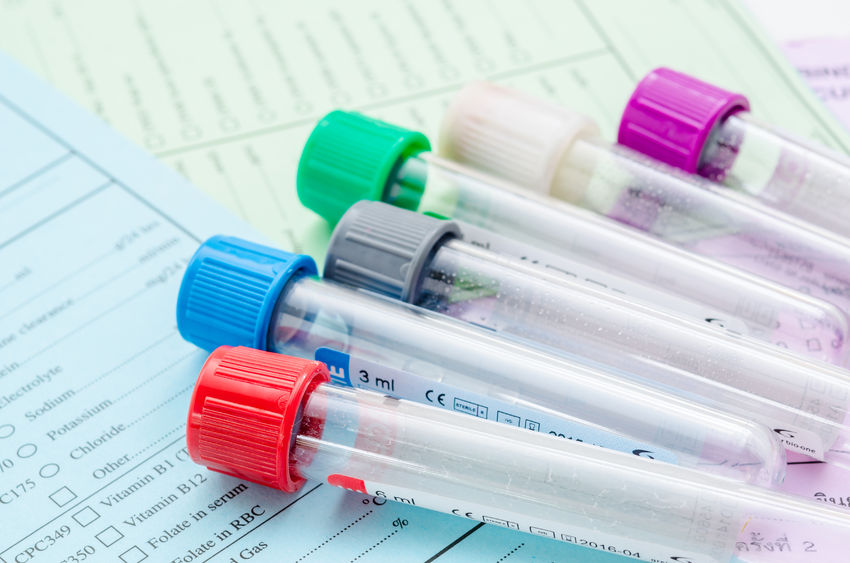
Hepatitis C Virus Immunochromatography Blood
What is this test?
This test helps to find the Hepatitis C virus in the blood. This test is also performed during and after the treatment of Hepatitis C infection to evaluate the treatment response.
What is the Hepatitis and Hepatitis C Virus:
Hepatitis is an inflammation of the liver and can lead to scarring, cirrhosis or liver cancer. Hepatitis can be caused due to auto-immune diseases, alcohol or toxic substances. Hepatitis C is transmitted through blood to blood contact with someone infected with HCV. Usually, acute HCV infection is asymptomatic (does not show any symptoms). In individuals with chronic infection symptoms such as nausea, vomiting, abdominal pain, fatigue, fever, dark urine, decreased appetite, joint pain etc are seen.
Hepatitis C Virus HCV causes both acute and chronic infection. It is transmitted through the reuse of medical equipment, mainly syringes, needles and by transfusion of unscreened blood and blood products. It can also be transmitted sexually and can pass from an infected mother to baby. It can not be spread through breast milk, water, food or by casual contact like hugging, sharing food or drinks and kissing with an infected person.
Why This test Is Performed:
This test is performed to check the presence of Hepatitis C Virus in the blood. The doctor may ask you to undergo this test if you are suffering from symptoms and conditions such as liver cancer, cirrhosis, jaundice, fever, dark urine, abdominal pain, joint pain etc. If an individual is on the treatment for Hepatitis C virus HCV then the doctor may ask to perform this test to evaluate and to check the effectiveness of the treatment. Mostly, this test is done along with other hepatitis tests to confirm the diagnosis.
How Often This Test Should Be Performed:
If you have been diagnosed with HCV, your doctor may advise you to get this test done once in a year based on your clinical condition. If you are a healthy individual above the age of 35, your doctor may advise you to undergo this test either on a yearly basis or every other year.
Precautions:
Contaminated blood samples may give false positive results. In such cases, it is recommended to do a new sample collection and repeat the test.
Test Preparation
Inform your doctor if you are on any medications, have any allergies or underlying medical conditions before your Hepatitis C Virus Immunochromatography Blood. Your doctor will give specific instructions depending on your condition on how to prepare for Hepatitis C Virus Immunochromatography Blood.
There are no specific preparations required for this test.
Understanding your test results
The test results may be different depending on gender, age, health conditions, and other factors.
If the test results are negative, it may indicate the absence of Hepatitis C Virus HCV in the blood.
In individuals receiving treatment for hepatitis C infection, if the results are negative it may indicate a more likely or likely response to treatment.
If the test results are positive, then it may indicate the presence of HCV in the blood.
In individuals receiving treatment for hepatitis C infection, if the test results are positive it indicates, a poor response to the treatment and presence of HCV in the blood after the treatment may indicate recurrence of the infection.
| Gender | Age groups | Value |
| UNISEX | All age groups | Hepatitis C virus detected in positive cases |

